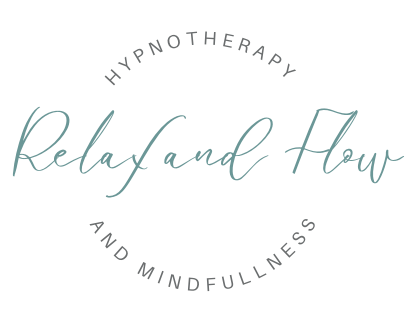Held Back by Physical and Emotional Symptoms?
If the main focus and passion in your work is helping or serving others, for example in health, social or education settings, it can be truly upsetting and frustrating if the projects you really want to pursue are reduced in scope or you have to be put them on hold because of debilitating physical and emotional symptoms.
It can be hard to find ways to heal and unravel these symptoms if their causes are difficult to diagnose and if they are then treated as discrete, separate symptoms with multiple causes.
Although it can be the case that each symptom truly is caused by a different condition, the more these symptoms keep re-occurring and don’t respond as fully to treatment as they should, the more important it is to look for the possibility of a common underlying cause.
If there is the possibility of finding such a common cause for these symptoms and treating it effectively to relieve the symptoms it means that the life and work challenges which you really wanted to take on but couldn’t, no longer need to be avoided and you can make the progress you have always wanted in life and work.
Examples of these kinds of symptoms which can have a common cause are: anxiety, low mood, fatigue, chronic hard-to-diagnose aches and pains, digestive tract sensitivities and migraines.
These symptoms can be our minds and bodies ways of trying to keep us safe, based on how we have responded to stressful and traumatic situations in the past. As these habits of dealing with difficult situations develop they can become more pronounced and our nervous systems can become over-sensitised to possible danger as a result, so that the symptoms become more severe and cause more disruption in our lives and work.
Finding and Healing the Underlying Causes of Symptoms
Sometimes, particularly when we are young, we can find ourselves in situations where we are forced by circumstances to take on more responsibility than it is truly possible for us to take on. For example, a child may be told by a ‘responsible’ adult to ‘pull yourself together’, expecting the child to be able to respond to the situation in the way the adult would themselves, ignoring the fact that the child has neither the life experience or maturity to do so. This can result in the child having to come up with their own ways of being responsible for things which are not really their responsibility and as they are so young and inexperienced, the solutions they come up with are often self-harming and counterproductive ones.
As these ways of dealing with situations become more ingrained as time goes on, they become default habits which are then carried on into adulthood, causing more difficulties as life goes on.
Finding these early stressful experiences, recognising them and discovering the faulty ways of acting which they have given rise to can be a really important part of healing the debilitating physical and emotional symptoms which they have contributed to.
It is then important to introduce and practice new, more positive and constructive ways of dealing with stressful situations going into the future. This can include becoming better at setting and maintaining boundaries and learning to become better at self-care.
Finding regular times to work on this in consistent ways can, bit by bit, unravel the old habits and build new, positive ones, so that you can move forward feeling more and more calm, relaxed and energised, able to take on new challenges in life and work with confidence.
Related posts
Ways of Finding Calm and Positivity When Feeling Pain or Anxiety?
To address the question of finding calm and positivity while experiencing pain and anxiety I am goin
How Can You Calm Your Nervous System?
It can feel hard to calm your nervous system. This is especially true at times in life when the nerv
Some Effects Of Stress And Trauma On The Subconscious Mind
Imagine a child sets off for their first day at school. Up till now, they have had a fairly loving a


